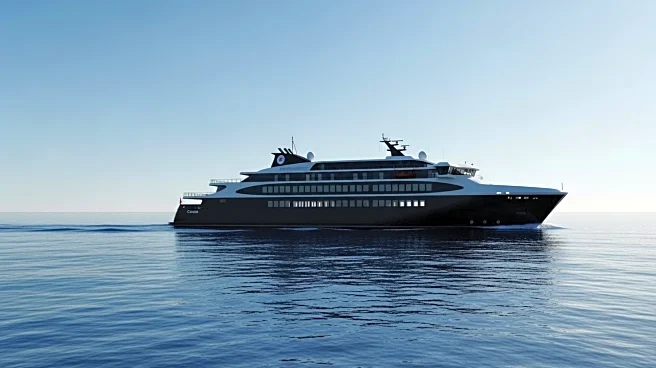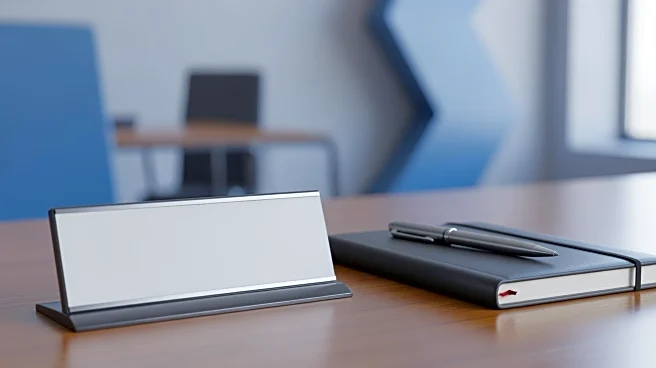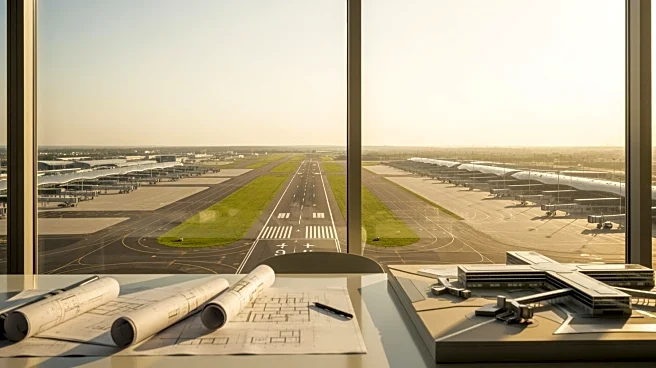What is the story about?
What's Happening?
The Scottish government has announced a shortlist of four international shipyards competing for a $270 million contract to build two new RoRo/passenger ferries for Caledonian Maritime Assets Limited (CMAL). The shortlisted companies include Turkish shipyards Cemre and Tersan, China's GSI, and Stena UK with its partner CMJL (Weihai). The procurement process began in June, aiming to have the new ships under contract by 2026. The ferries are intended to serve the Northern Isles network, enhancing freight capacity, operating speeds, and passenger accommodation during peak seasons. The vessels will replace the aging Helliar and Hildasay ferries, which have limited passenger capacity. The contract is expected to be awarded in February next year, with the ferries entering service in 2029.
Why It's Important?
This development is significant for the maritime industry and the communities in the Northern Isles, as it promises improved ferry services with increased freight and passenger capacity. The new vessels are designed to support the region's economic activities by providing reliable transportation for both commercial and passenger needs. The decision to shortlist international shipyards highlights the global nature of shipbuilding and the competitive landscape, as no British yards were able to meet the tender requirements. This move could influence future procurement strategies and investments in domestic shipbuilding capabilities.
What's Next?
The tender stage for the project will proceed, with the contract expected to be awarded in February 2024. The Scottish government has already allocated funds in the current budget for this initiative. Stakeholders, including CMAL and Transport Scotland, will continue to engage with the selected shipyards to finalize the contract details. The new ferries are anticipated to enter service by 2029, providing enhanced transportation solutions for the Northern Isles.
Beyond the Headlines
The decision to select international shipyards may raise questions about the support for domestic shipbuilding industries and the potential for future investments in local capabilities. Additionally, the focus on increased freight capacity and passenger accommodation reflects broader trends in maritime transportation, emphasizing efficiency and adaptability to meet diverse needs.
















